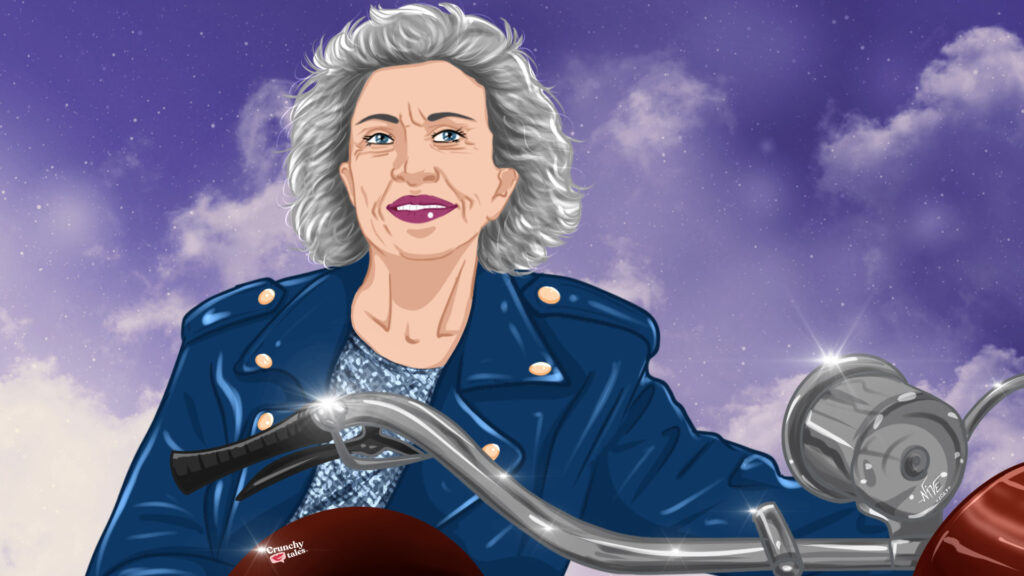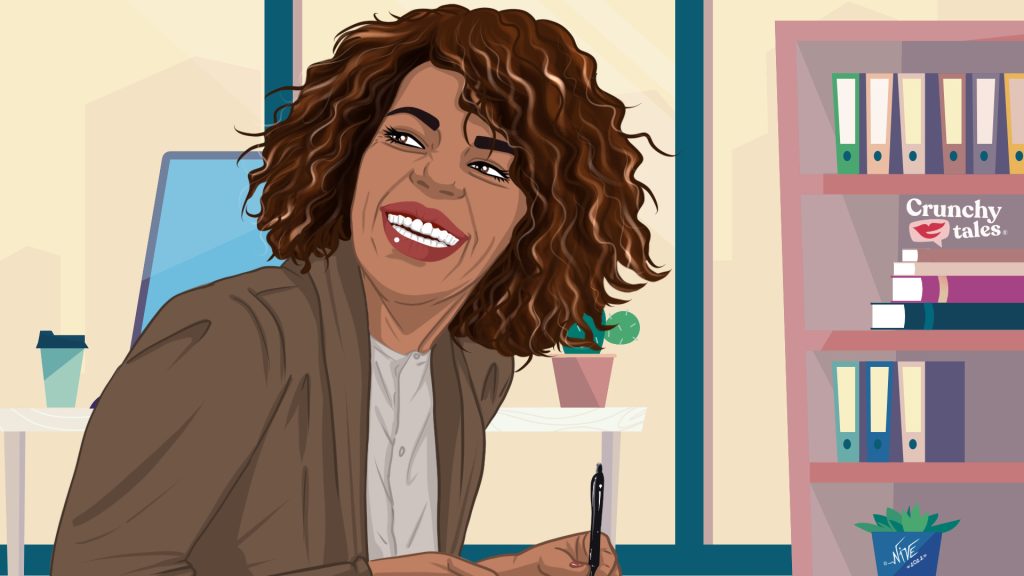Over 50 And Ready to Give Back Through Mentorship: Where Do I Begin?
There comes a moment in midlife when some life questions shift from “What’s next for me?” to “What can I give back?” For some women over 50, the answer is mentorship.
With decades of personal and professional experience, some of us are choosing to pass it on, helping others navigate career choices, creative paths, and life transitions. If you feel the pull to support younger generations but aren’t sure where to begin, there are plenty of options.
From formal mentorship programs to casual coffee conversations that spark real connection, mentoring doesn’t follow one path: it’s flexible, personal, and often just as transformative for you as it is for the person you’re guiding.
Why Midlife Mentorship Matters
Mentors over 50 often have the emotional bandwidth, time, and clarity of perspective that comes with age, that kind of wisdom younger generations are actively seeking. And sometimes, all it takes to get started is the realization that your past challenges can light someone else’s path.
“When I turned 57, I realised I had so much knowledge that could help someone avoid the mistakes I made,” says Lisa J, a volunteer mentor at a local LeanIn Circle, a space for women to come together to learn new skills, support each other, and be unapologetically ambitious. “Mentoring has become one of the most fulfilling parts of my life. It’s not about being the expert, it’s about being present. I remember those early days when I had to learn by doing, without any guidance at all. It took me twice as long to achieve my goals without support.”
According to Forbes, most of us agree that mentors matter: 76% of people say having one is important but surprisingly, only 37% actually do. And yet, the benefits are undeniable.
People with mentors are often happier in their jobs, more confident, and feel more connected. Interestingly, most mentorships don’t start with a formal request; in fact, 61% just happen naturally, often between people of the same gender (69% of women and 82% of men). Best of all, the ripple effect is real: 89% of those who’ve had a mentor say they’ll go on to mentor someone else.
What’s more, once the connection is there, it’s powerful: a study by Women Ahead found that 87% of people in mentoring relationships say it boosts their confidence, 84% say it brings mutual inspiration, and 82% say it helps foster meaningful connections across departments.
Clearly, mentoring isn’t just a professional tool, it’s a catalyst for personal growth and stronger, more connected workplaces.

4 Paths to Mentorship After 50
If you’re unsure how to use your skills to support someone younger and feel your expertise doesn’t neatly fit the corporate mold, remember that mentorship isn’t just about sitting behind a desk and giving advice, it can take many forms.
Depending on your field and interests, there are countless ways to make a meaningful impact, however, it’s important to understand what mentorship truly is.
A mentor is more than just an advisor, they’re a connector, a confidence-builder, and a cheerleader. That said, mentoring shouldn’t be confused with coaching. While the two roles can overlap, they serve different purposes: coaches tend to focus on short-term goals and structured performance strategies. Mentors, on the other hand, offer long-term, experience-driven guidance rooted in trust and personal connection.
Here are some of the most common mentorship roles to consider.
Professional Mentorship: Offering Career Guidance
Have you spent years building a career in business, healthcare or education? That journey is gold to someone just starting out or switching fields.
“I’ve helped women develop business plans, negotiate better salaries, and even walk away from toxic jobs,” says Leslie James, 61, who mentors young marketing professionals through Score.org, a nonprofit that connects experienced executives with aspiring entrepreneurs. “It’s amazing to know you’ve made a difference in someone’s confidence.”
Where to start:
Creative Mentorship: Supporting Emerging Voices
If you’re a writer, artist, or performer, you’ve likely navigated rejection, creative blocks, and self-doubt. That emotional terrain is invaluable to someone just beginning.
Carmen Rivera, 55, a renowned playwright and dedicated mentor with the Latinx Playwrights Circle, emphasizes the importance of encouragement and representation in the arts. “I tell my mentees: your voice is needed,” she says. “We come from rich, layered cultures with stories that deserve to be heard—not just within our communities but on national stages. Sometimes, all a young writer needs is for someone to believe in them, to say: keep going, your story matters. It might seem simple, but that validation can be the spark that keeps their creativity alive.”
Where to start:

Life Mentorship: Navigating Transitions
Midlife often includes challenges like caregiving, divorce, grief, and reinvention. If you’ve lived through any of these and come out stronger, you have insight that someone else is longing for.
Linda Tran, 60, volunteers with Eldera, a global intergenerational mentoring platform. She mentors a 28-year-old woman navigating burnout and self-worth issues. “It’s not therapy,” Linda says, “but sometimes mentorship is just being the older sister or aunt figure someone never had.”
Where to start:
- Eldera
- Big Brothers Big Sisters
- Local community centers or women’s organizations

Reverse Mentorship: Mutual Growth
Mentorship isn’t a one-way street. Many midlife mentors find themselves learning from the younger people they’re guiding, especially in areas like technology, social issues, agriculture and new cultural movements.
You’ll never know, you can even harvest each others potentials and find a two-way exchange that helps midlife women stay connected, open, and relevant, while creating safe, supportive spaces for younger voices to thrive.
“I mentor a 30-year-old beekeeper through the Women, Food & Agriculture Network,” says Julia McGuire, 54, an Iowa-based urban beekeeper to CrunchyTales. “She teaches me just as much as I teach her. Our conversations about gender identity, sustainability, and business models challenge and inspire me“.
Mentoring is something that she wanted to do for years, but didn’t know who to reach about it. “I knew how to and currently teach beekeeping in a conventional classroom and in small groups -she continues- Mentoring means a different and potentially better experience for the mentee and for me. The Women, Food, and Agriculture Network makes it easy for me to help someone become a better beekeeper by using their long history of fostering mentorships, increasing my mentee’s confidence, and keeping a food farmer producing vital food for their community. I get to focus on beekeeping only while WFAN does the mentee recruiting and matching, onboarding both mentor and mentee, offering payment, and giving other support. My mentee and I are free to design our visits in a way that works for us”.
Where to start:
Tips for Mentoring with Heart
More than anything, remember this: mentoring isn’t just about what you know, it’s about how you show up. Today’s most impactful mentorships are rooted not in authority but in empathy, trust, and real human connection.
“When mentoring with heart, start by listening more than talking. It’s not about giving lectures but truly understanding the person you’re guiding. Respect their boundaries,remember, not every challenge needs a fix. Sometimes, just being there to acknowledge what they’re feeling is enough”, recommends Samantha B., 65, volunteers at Girls Write Now.
Stay humble, too – we says at CrunchyTales. Life has given you plenty of experience, but there’s always something new to learn, even from your mentee. And when you share your story, be open about the whole journey, including the struggles and fears, because those honest moments often teach the most.
As Maya Angelou once said, “When you learn, teach. When you get, give.” And there’s no better time than now: reconnect with your values, reclaim your voice, and make an impact that extends far beyond your own timeline.
Like this post? Support Us or Sign up to our newsletter to get more articles like this delivered straight to your inbox!






This Post Has 0 Comments